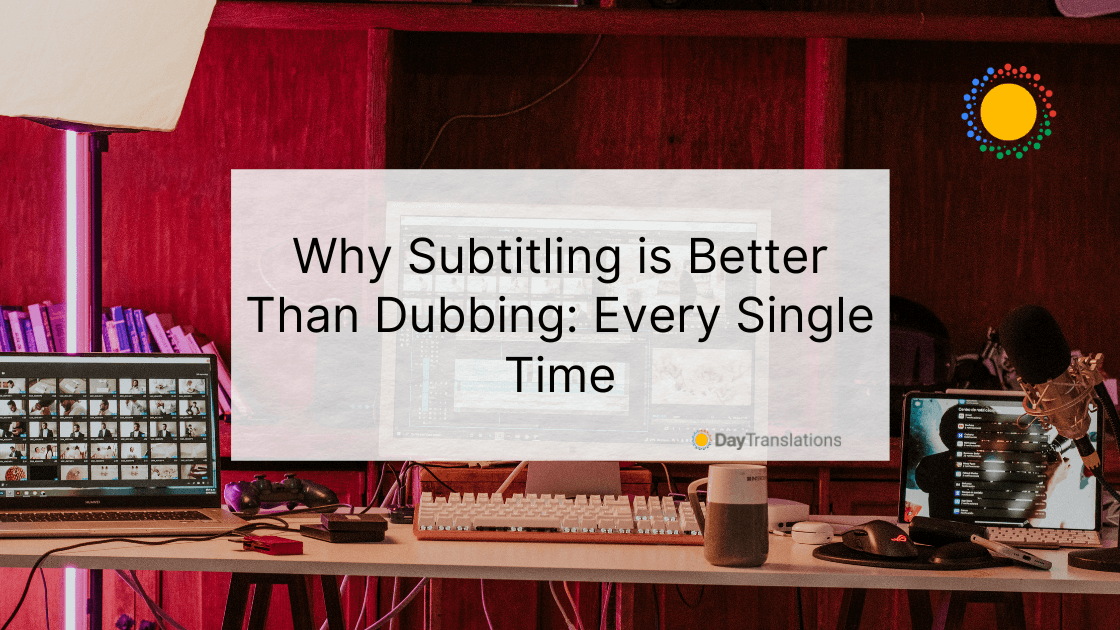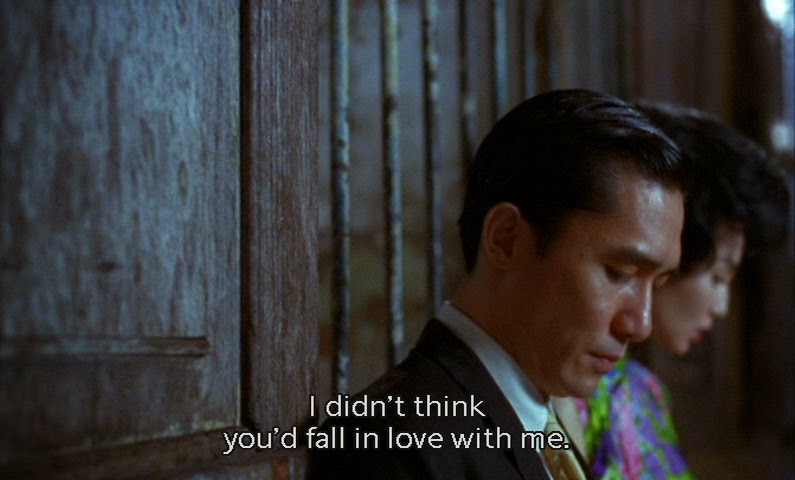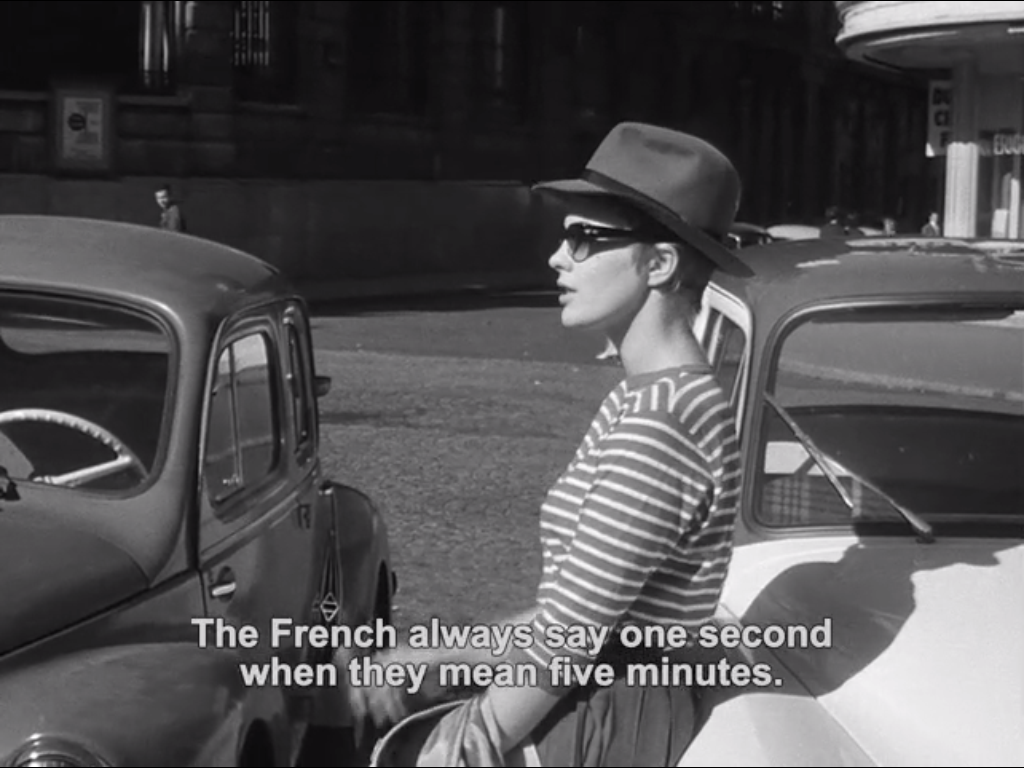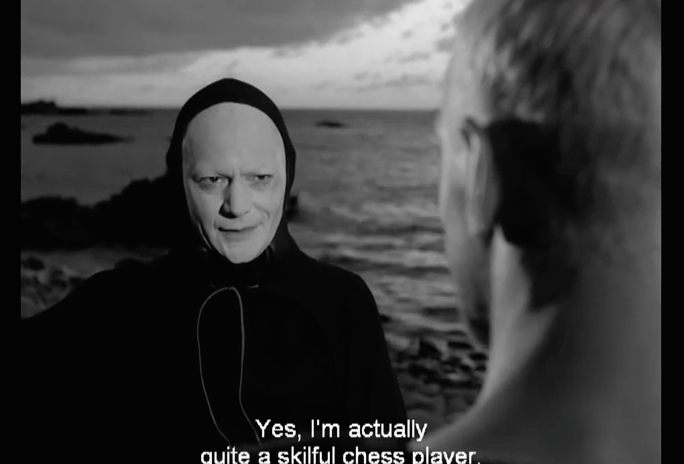If you felt like reading, you would read a book, not a movie, right? You want to chill out at the end of a long day, and you can’t be bothered with subtitling. It makes sense. So you go for the dubbed version of a foreign language movie instead of the subtitled one.
But maybe you’ve noticed that film buffs and aficionados will go for the subtitled version every time. Sure, everyone has lazy days. But those who know, know that subtitling maintains the integrity of the movie. And they know why. So the next time you’re about to casually pass over a subtitled movie, consider the differences. Here’s why a subtitled movie is better than the dubbed version, every time.
Subtitling Respects the Acting Talent
To prepare for his role in The Godfather, legend has it Marlon Brando stuffed his cheeks with cotton, saying that the titular character should have the face of a bulldog. Thus was born one of screen’s the most iconic faces—and voices. Brando’s method made mumbling cool decades before mumblecore. So after everything he put into his performance, imagine Brando’s Godfather dubbed over by the voice of a B-list actor.
There are some very good voice actors in the world, and voice acting is a unique skill. But no matter how good a voice actor one finds, it still wouldn’t be Brando. It wouldn’t be that bulldog growl. It wouldn’t fit the picture.
Subtitling The Godfather in a non-English language, however, would respect the integrity of the monumental performance at the film’s core. Subtitles take away nothing from the film, and this is reason enough to prefer them to dubbing.
It Maintains the Ambiance
Some films are plot-driven. Others focus on exploring and developing a character. Some are built on atmosphere.
Consider Wong Kar-Wai’s In the Mood for Love, a Hong Kong period piece that ladles out time like a spicy noodle soup. You get lost watching this movie, meandering through slow motion corridors of red silk and cigarette smoke. The plot meanders. The characters may or may not do anything. The point is the Mood. The ambiance opens a portal in time. And that ambiance hinges in part upon the whispered exchanges, the monologue ruminations, the tonal Cantonese of the would-be lovers at the center of the story.
Dub over their voices, and the whole mood collapses. Lose the mood, and the film loses its punch. So do yourself and the director a favor: watch it subtitled and choose subtitling over dubbing!
The Sound of the Language is Part of the Film
What is an Alamodóvar film without Spanish? A Godard without French? Is a Kurosawa samurai epic a Kurosawa samurai epic without Japanese? Perish the thought!
The language contributes a texture as intentional as the costumes and as indispensable as the mise-en-scène. It matches the colors and patterns, the locations, even the themes of the film. Or, in some cases, it deliberately contrasts with them. Language is not an arbitrary means of communication. It carries aesthetic weight.
It also has contextual significance. Alamodóvar’s lust and abandon are quintessentially Spanish, inspired by the hyper-religious dictatorship that used to censor Spanish media. The aloof ennui of Godard’s cool kid antiheroes could only be French. And need we say anything about the honor and conquest of Kurosawa’s samurai? To hear these themes expressed in their native languages is to hear them rooted in context and alive with consequence. To flatten them with dubbing is to make them foreign and strange. Subtitling is the only way to go.
Subtitled Movies Expose You to Language
There are over seven thousand languages on Earth. Maybe you’d never heard Tamasheq spoken aloud until you saw 2014’s Palme d’Or nominee Timbuktu. Perhaps you never would’ve encountered the sonorous bounce of Aboriginal Australian languages if you hadn’t seen Walkabout or Rabbit-Proof Fence. Subtitled movies expand our cultural awareness in a way that dubbed movies totally ignore. And who wants to stay in the dark?
Subtitled movies also have a broader audience. You can watch your English-subtitled Ingmar Bergman DVD with your Swedish speaking friends (sounds like a party!). If you had the dubbed version, you would be left to contemplate the nature of death and loss all by yourself. So fire up the subtitles, grab a bowl of lingonberries, and make it a collective experience. Isn’t the point of international cinema to take us across borders?
Now You’re an Aficionado!
Now you know. So the next time you’re reaching for the dubbed version of a movie, consider the important and intricate role that language plays in the art form. The subtitled version delivers a better experience, maintains the integrity of the acting and directing, and opens you to a global perspective. And don’t worry about what seems like extra work: ten minutes into any good movie and you’ll forget that you’ve been reading!
















Perez Mongard Richard
Posted at 17:25h, 01 NovemberThanks, this is a great compendium of arguments in favour of subtitling and I couldn’t agree more with all. However I would add, that not only does it expose you to languages but it also is a great tool for learning languages, polishing your knowledge and accent, and absorbing new words, or remembering those forgotten.
Nikoloz Baramidze
Posted at 19:34h, 26 Septembersome dubs respect the acting talent and maintain the ambiance. also the sound is not part of the film since your voice cant perceive the tone’s of other languages accurately. watching subs may expose you to other languages yes, but its still not enough to understand or speak full sentences, if the anime has good dub (e.g. one punch man, my hero academia, dragon ball z, cowboy bebop) the only reason to watch sub is if you’re going to japan next year and ur willing to pay attention to every word that the character says.